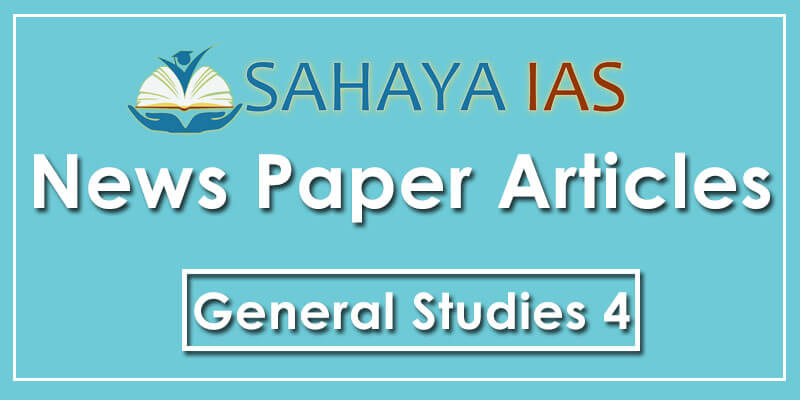The biggest casualty of unquestioning enthusiasm for war is democracy and rational thought
- This essay is a piece of dissent at a time when dissent may not be welcome.
- There is an air of achievement and competence, a feeling that we have given a fitting reply to Pakistan after pulwama incident.
- Newspapers have in unison supported the government, and citizens, from actors to cricketers, have been content in stating their loyalty, literally issuing certificates to the government.
Peace needs courage
- One sees an instant unity which is almost miraculous.
- This sense of unity does not tolerate difference.
- War becomes an evangelical issue as each man desperately competes to prove his loyalty.
- Doubt and dissent become impossible, rationality is rare, and pluralism a remote possibility.
- There is a sense of solidarity with the ruling regime which is surreal.
- Thought becomes a casualty as people conflate terms such as Kashmiri, Pakistani and Muslim while threatening citizens peacefully pursuing their livelihood.
- One watches aghast as India turns war into a feud, indifferent to a wider conflagration.
- In this movement of drum-beating, where jingoism as patriotism is the order of the day, a dissenting voice is not welcome.
- But dissent demands that one faces one’s fellow citizens with probably more courage than one needs to face the enemy.
What war feels like
- Sadly, India as a country has not experienced war as a totality, unlike Europe or other countries in Asia such as Vietnam or Afghanistan.
- War has always been an activity at the border.
- War is a trauma few nibble at in India.
- When our leaders talk even of surgical strikes, one is not quite sure whether they know the difference between Haldighati or modern war.
- They seem like actors enacting an outdated play. In fact, one wonders whether India as a society has thought through the idea of war.
- Our strategists, our international relations experts fetishise security and patriotism.
- The aridity of the idea of security has done more damage to freedom and democracy than any other modern concept.
- Security as an official concept needs a genocidal count, an accounting of the number of lives and bodies destroyed in pursuing its logic.
- The tom-tomming of such words in a bandwagon society destroys the power and pluralism of the idea of India as a society and a democracy.
- The biggest casualty of such enthusiasm for war is democracy and rational thought.
- Strategy today has been appropriated by the machismo of militarism and management.
- Sadly, strategy shows that India is moving into a geopolitical trap where China, which treats Pakistan as a vassal state, is the prime beneficiary of Pulwama.
- The Chinese as a society and a regime would be content to see an authoritarian India militarised, sans its greatest achievement which is democracy.
- Peace is not an effeminate challenge to the machismo of the national security state as idol but a civilisational response to the easy brutality of the nation state.
Dissent as survival
- Peace has responsibilities which an arid sense of patriotism may not have.
- Yet we are condemned to conversation, to dialogue, to arguments persuading those who are sceptical about the very integrity of our being.
- Dissent becomes an act of both survival and creative caring at this moment.
- Our peace is a testimony and testament to a society that must return to its civilisational values.
- It is an appeal to the dreams of the satyagrahi and a realisation that peace needs ideas, ideals and experiments to challenge the current hegemony of the nation state.
- India as a civilisation cannot do otherwise.




Comments (0)